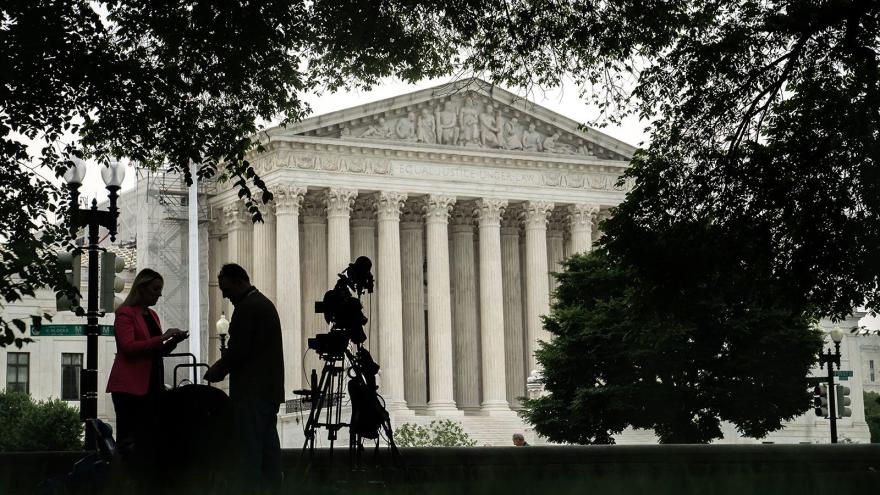In a recent decision, the Supreme Court of the United States has ruled against Florida’s controversial “Protection of Children Act,” commonly referred to as the anti-drag law. This decision deals a significant blow to the state’s efforts to enforce restrictions on drag shows, a key initiative championed by Republican Governor Ron DeSantis. The Supreme Court’s ruling maintains the injunction that has prevented the law from being enforced statewide.
Background of the Law
The “Protection of Children Act,” enacted in 2023, sought to make it a misdemeanor to knowingly admit a child to a sexually explicit adult live performance that would be deemed obscene for the age of the child present. The law faced immediate legal challenges, with a district court judge in Florida blocking its enforcement in June. The judge held that the law likely violated the Constitution’s free speech and due process protections and was unconstitutionally vague. The 11th US Circuit Court of Appeals also declined Florida’s emergency application for a stay of the district court’s injunction, leading the state to appeal to the Supreme Court for relief.
Supreme Court’s Decision
The Supreme Court’s order on Thursday effectively means that Florida officials cannot enforce the law at all until the legal challenges are resolved. While this ruling is a setback for the state, it does not offer a definitive opinion on the merits of the law itself. The case may return to the Supreme Court after lower courts complete their review of the law and any potential appeals.
Florida Attorney General Ashley Moody, a proponent of the law, argued that the law was designed to “prevent the exposure of children to sexually explicit live performances.” She expressed disappointment with the ruling and emphasized that the law was still pending appeal at the 11th Circuit. Moody also contended that the law did not impact businesses like Hamburger Mary’s, the popular Orlando restaurant known for hosting drag brunches, as their shows were not sexually explicit.
Hamburger Mary’s Challenge
Hamburger Mary’s was among the first establishments to challenge the anti-drag law. The restaurant, which hosts drag brunches featuring comedy sketches and dancing, claimed that the legislation had led to a loss of business. Before the law’s passage, none of its drag show performances were age-restricted.
In response to the law, Hamburger Mary’s placed age restrictions on all of its performances except for a single Sunday afternoon show tailored to the youngest audience possible, in order to comply with the law. However, since the district court temporarily blocked enforcement of the law, the restaurant has returned to normal operations. Their lawyer argued that silencing businesses like Hamburger Mary’s would inherently limit free speech rights.
Governor DeSantis’s Prioritization
Governor Ron DeSantis had made the “Protection of Children Act” a priority for his administration. He signed the law in May, asserting that Florida was taking a stand to protect children. DeSantis framed Florida as a bastion of normalcy amidst a chaotic world.
Future Implications
While the Supreme Court’s decision carries significant weight, legal experts caution against drawing broader implications from this specific case. Some conservative justices expressed sympathy for such laws, but it remains uncertain whether there is enough support to uphold them in future cases. The focus of this decision was primarily procedural, and the broader legal landscape regarding anti-drag laws is still evolving.
The Supreme Court’s decision to uphold the injunction against Florida’s anti-drag law represents a significant development in the ongoing legal battle over this controversial legislation. While Governor DeSantis and supporters of the law may be disappointed with this outcome, the ultimate fate of the law will depend on the ongoing legal proceedings.









Leave a Reply